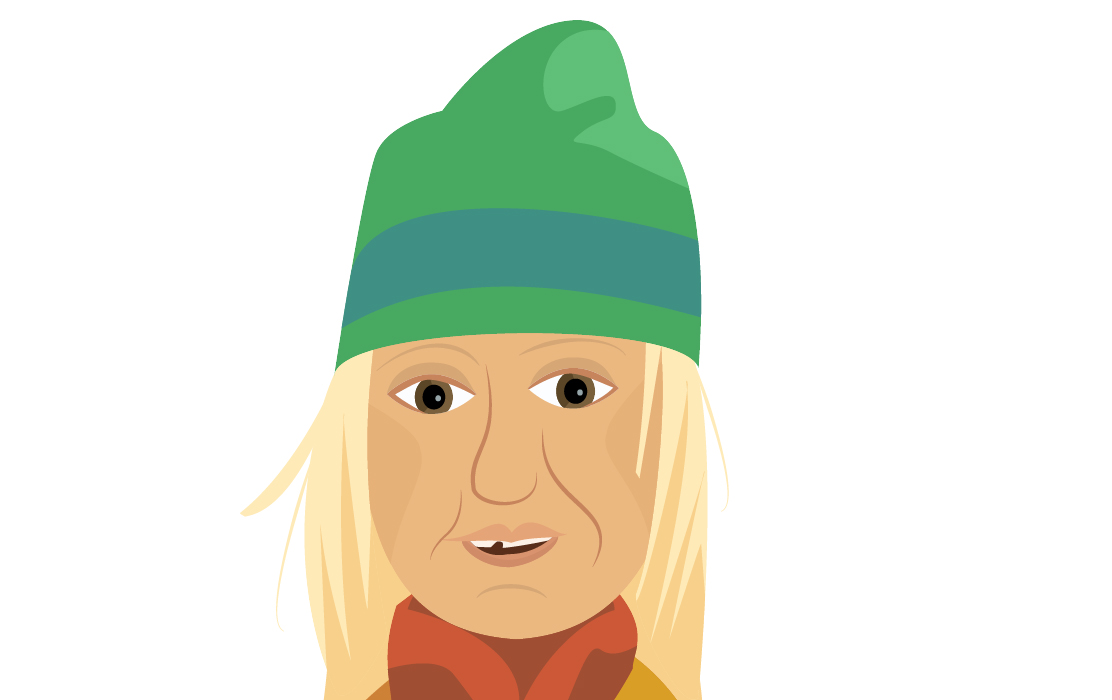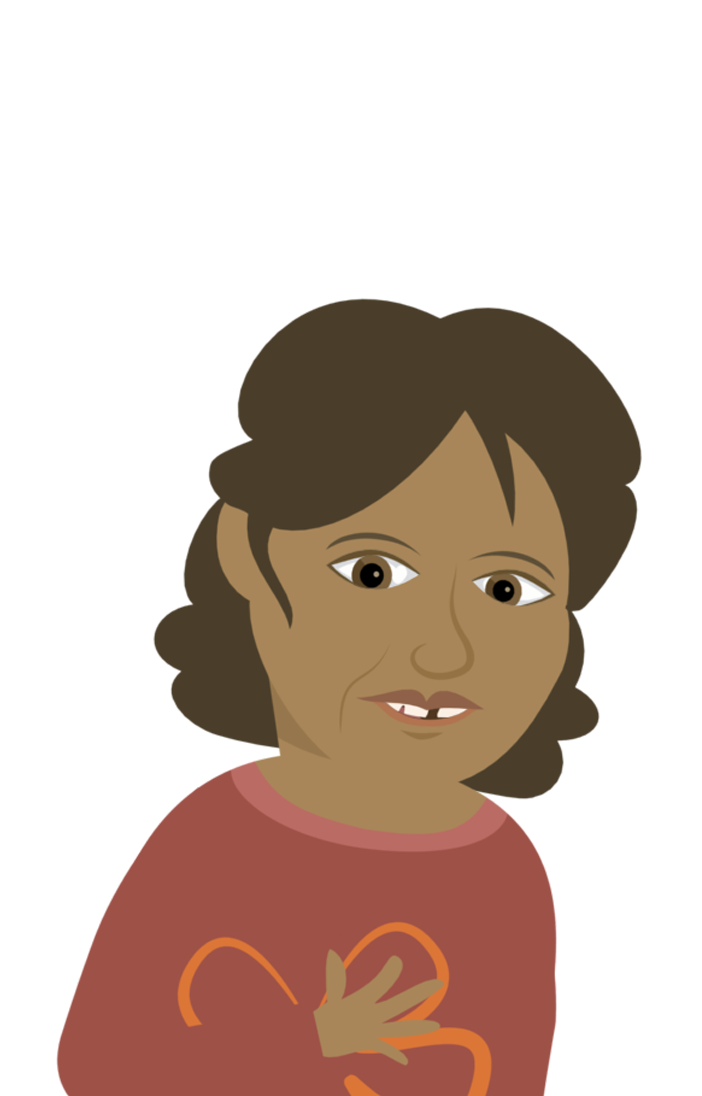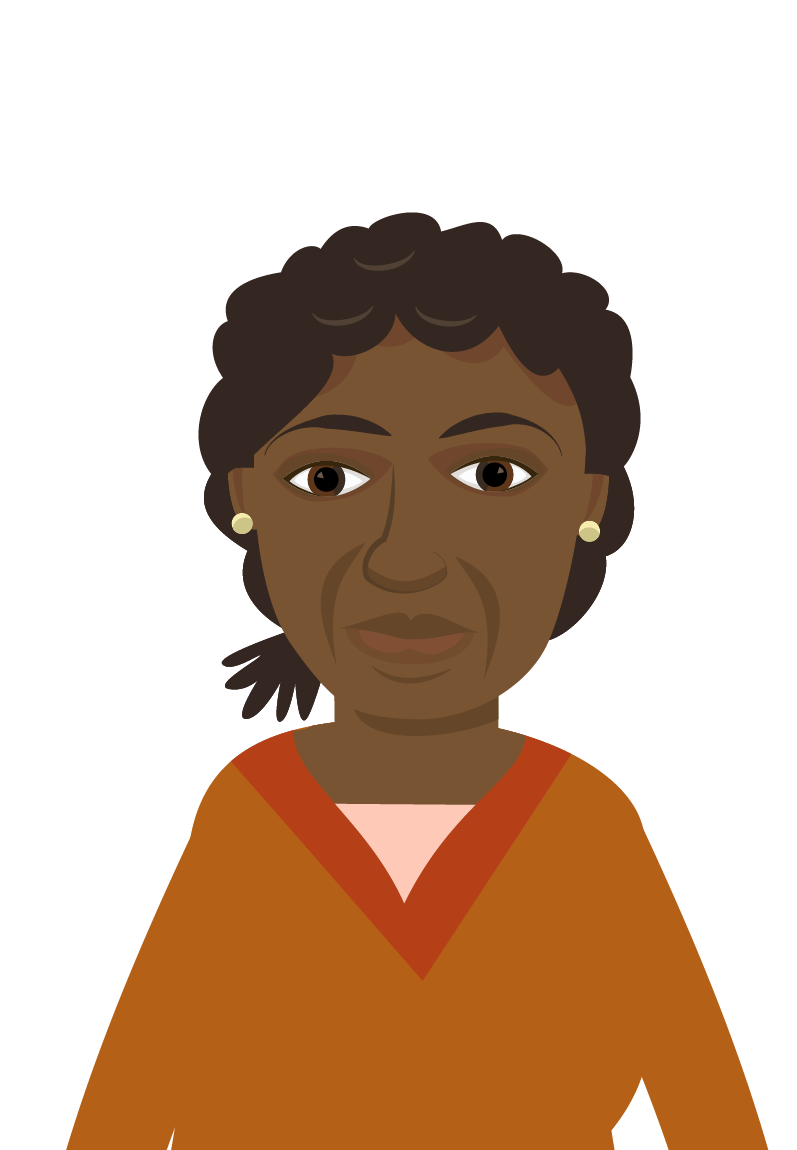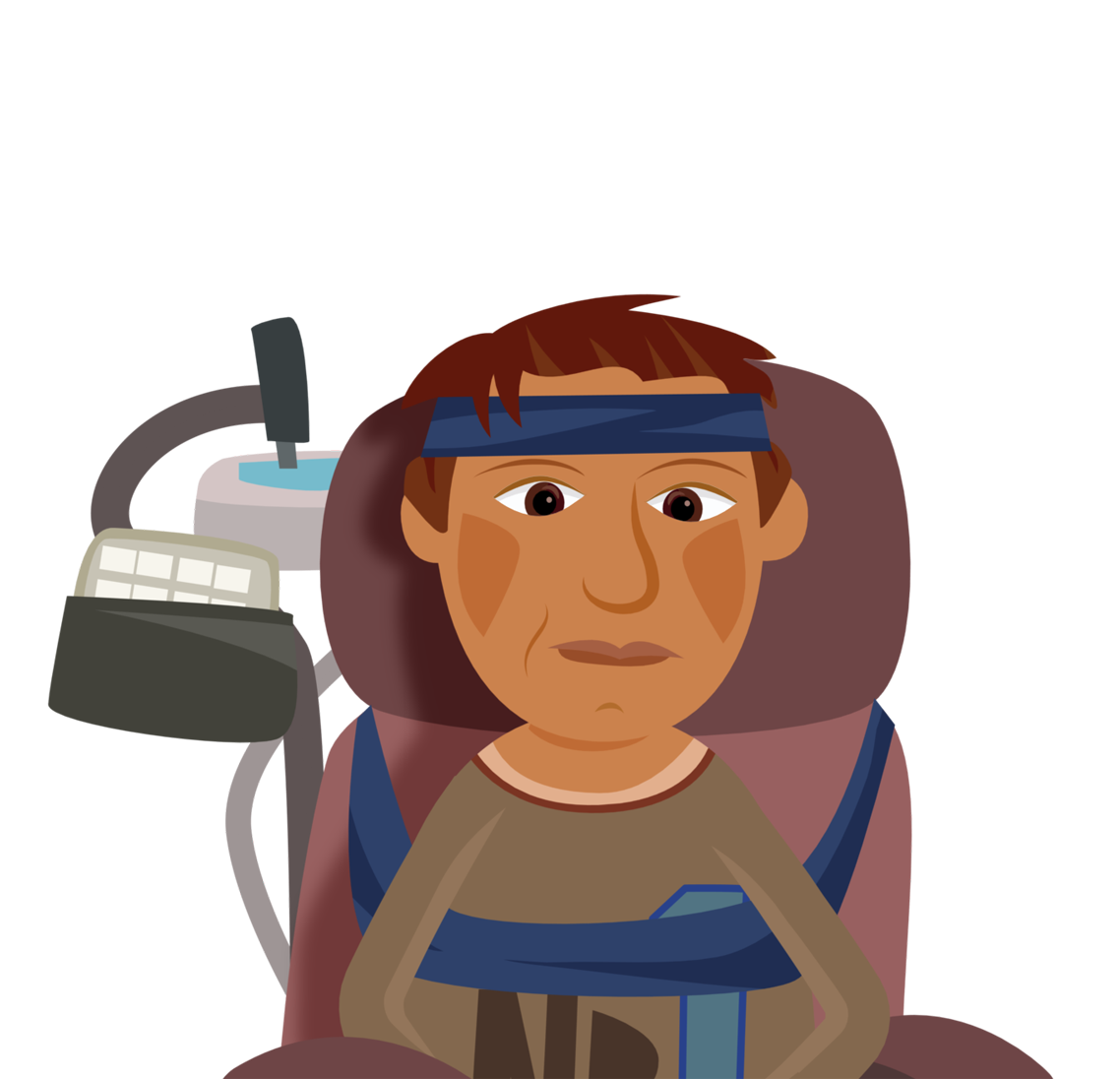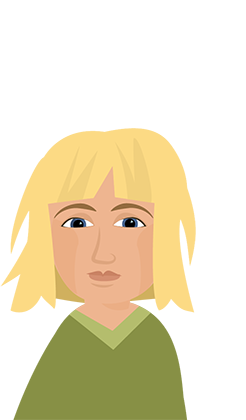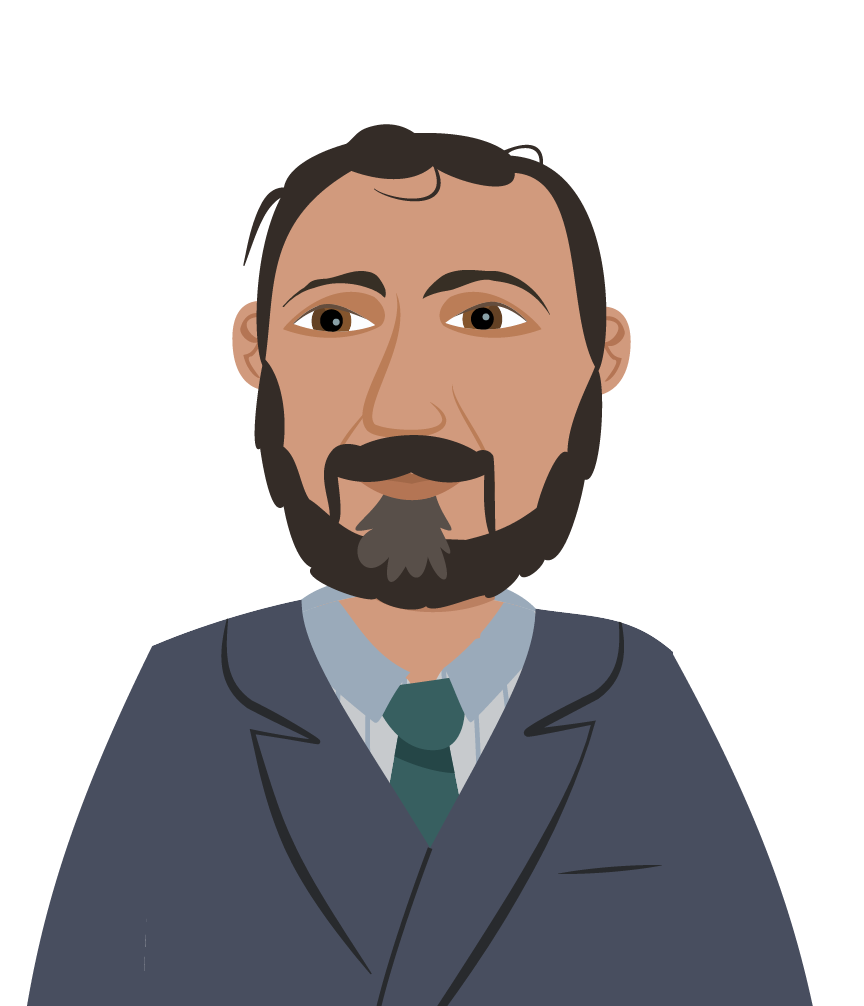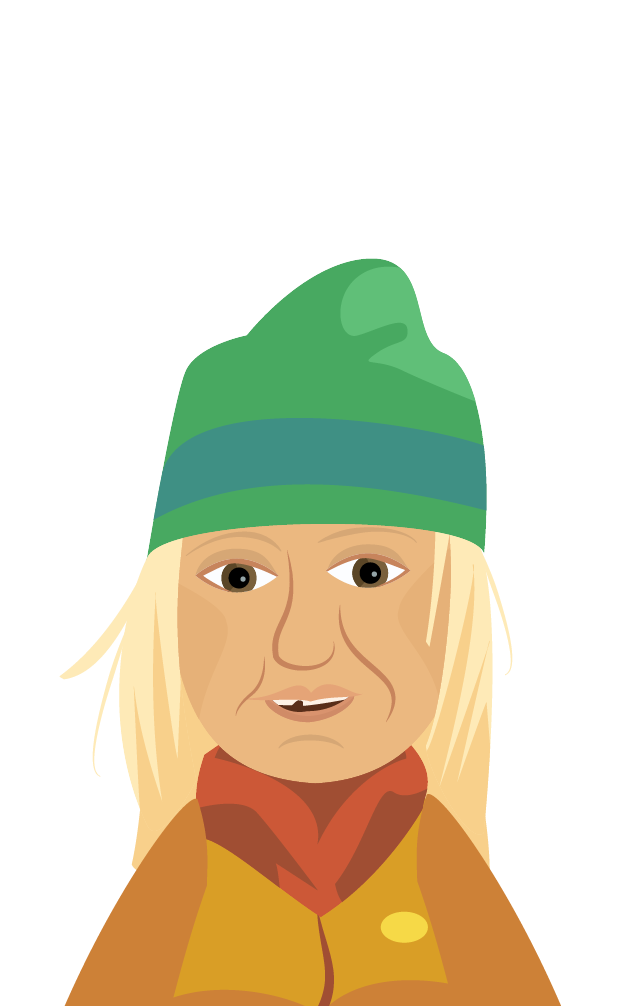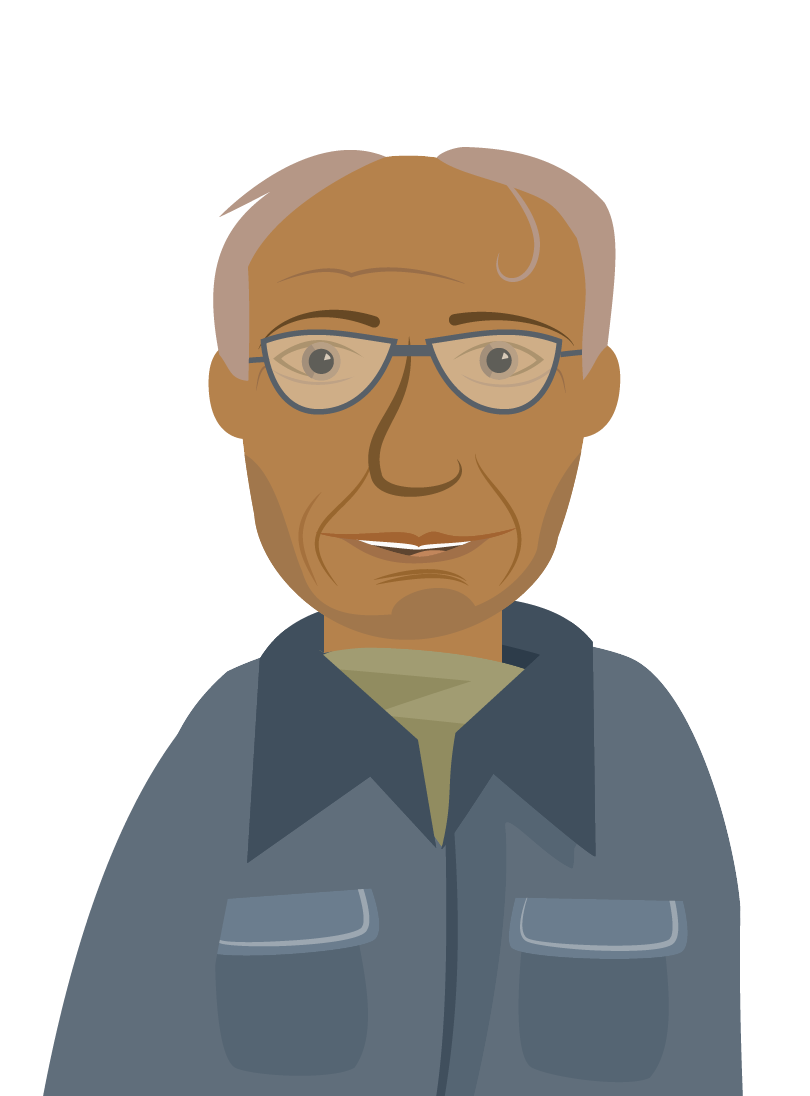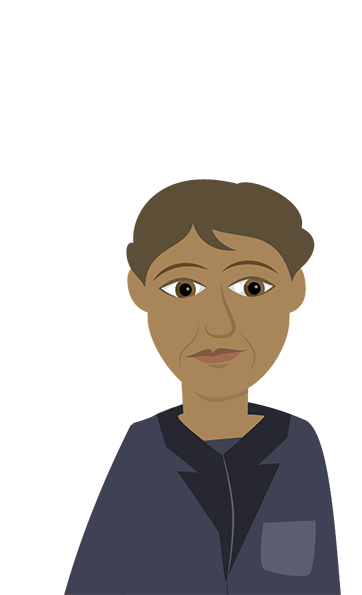Found my identity
Are depending on other people and your own identity connected?
Yes, I think they are.
I don't mean the dependency where you get practical help.
It's more about defining yourself as a person.
If you let your parents suffocate you in your life, you don't become your own person.
I thought a lot about this already when I was a child.
Early on I decided that my parents – especially my dad – would not be allowed to come with me to see the doctor.
It was my goal.
I think I was 12 when I just said:
"No, I want to be on my own with the doctor."
Dad got really stressed and uncomfortable when he came with me to my doctor's visits.
We often came early to the doctor's appointment.
Dad would pace up and down the corridor and then start arguing with the nurse.
When we came into the examination room, it was really tense.
It was like a disaster would happen if it turned out I had gotten worse.
Like he expected great results from me, like I was expected to run a marathon.
He never said this but it always felt like it.
Now, as an adult, I think it was a lot to do with my parents' grief over my disability, which they felt of course.
It was about grief and fear.
One way for me to feel better was to loosen the bounds of this close relationship and manage the doctor's visits on my own.
My parents agreed to it immediately.
They didn't question me and have given me some space.
But they cared 100 per cent.
Now I'm an adult.
It's about being your own person – you enter another phase.
It has been important for me.
When you have a disability, this becomes even more important.
You need to tell yourself, "I am my own person".
I manage on my own and I decide how my life will be.
/Stina, 46 years old
Last updated 2022-05-31 by Peter Eriksson, responsible publisher Lennart Magnusson


